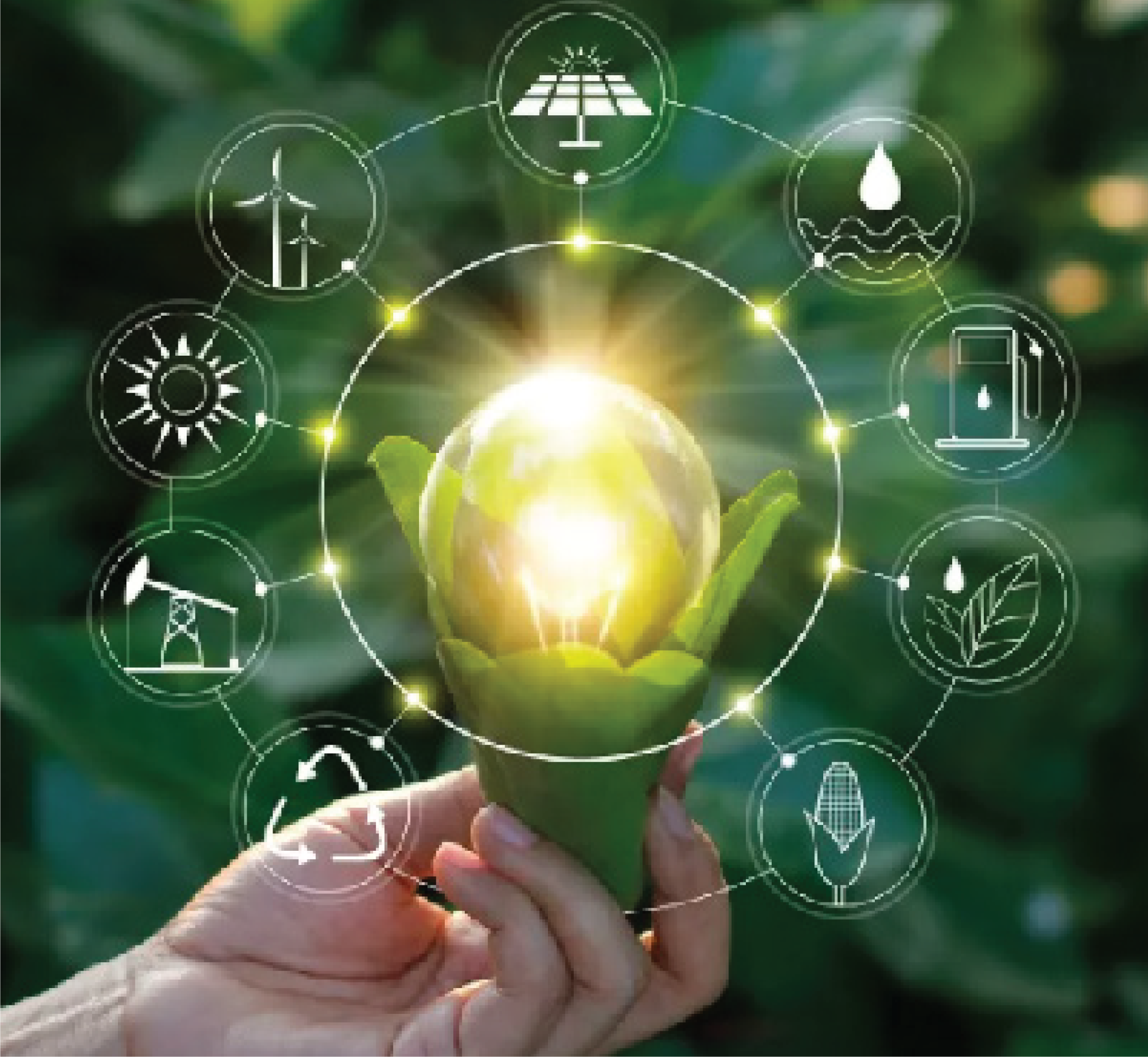A tangible tale of thermodynamics
Review
Anish Paul & Akshatha N. S.

Tweet
Have you ever wondered why ice melts when taken out of the refrigerator? How hot water eventually cools? Where does all the hotness and coldness go? The answer lies in thermodynamics, the mutual relation between energy (heat) with motion.
Thermodynamics is one of the many thrilling branches of physical sciences. It deals with the relations between heat and other forms of energy (such as mechanical, electrical, or chemical energy). Thus, on a large scale, thermodynamics deals with the relationships between all forms of energy. But contrary to the enormous complexities that come to mind when one comes across the term thermodynamics, we humans are benefitting largely using different ideas of thermodynamics in our daily life.
The term thermodynamics itself is complex terminology adding to its tangled tale. It comes from the Greek word “therme” means “heat”, and “dynamis” means “power”. So, thermodynamics can be represented as the relationship between heat and power- the science of doing some work using heat energy.
Though the textual concepts only teach us about the three laws involved and their limited application, the ‘dynamic’ nature of thermodynamics has a vast horizon of application. It talks about the energy of the entire universe and the fate of its transformation. Famous law “Energy can neither be created nor destroyed but can only be transformed from one form to another” explains the vastness of the concept.
 Credits: Pixabay
Thermodynamics is a phenomenon that is intricately related to human life. The most prominent example of it is the use of electricity. The power plants convert the heat energy generated due to the combustion of fossil fuels into electricity which flows through the wires in our houses. With the click of a switch, the electricity is again converted into mechanical energy that makes the fan rotate or electrical energy that makes the bulb shine. Our vehicles do nothing but the same; they use the heat energy produced from the combustion of fossil fuels to produce mechanical energy further to give motion to the wheels. Refrigerators, air conditioners, coolers, etc., all absorb heat from a place to keep it cold and release the heat into some other area. Thermodynamics has implications in as simple as few kitchen tricks to as big as moving a rocket.
Credits: Pixabay
Thermodynamics is a phenomenon that is intricately related to human life. The most prominent example of it is the use of electricity. The power plants convert the heat energy generated due to the combustion of fossil fuels into electricity which flows through the wires in our houses. With the click of a switch, the electricity is again converted into mechanical energy that makes the fan rotate or electrical energy that makes the bulb shine. Our vehicles do nothing but the same; they use the heat energy produced from the combustion of fossil fuels to produce mechanical energy further to give motion to the wheels. Refrigerators, air conditioners, coolers, etc., all absorb heat from a place to keep it cold and release the heat into some other area. Thermodynamics has implications in as simple as few kitchen tricks to as big as moving a rocket.
Beyond all these machines invented as a byproduct of developing science and technology, nature also has its share of using thermodynamics in its way. For example, the production of lightning is a phenomenon that uses thermodynamics in many forms. The clouds carrying water droplets are constantly in motion. This motion leads to the collision and rubbing of these droplets that give rise to friction, which produces a static charge. When it surpasses a limit, this charge is poured onto the earth in the form of lightning. When it comes across anything living or nonliving on the planet, this vast electric energy destroys it in seconds by producing colossal amount of heat.
Such examples are not rare in today’s world. Everywhere we look, we can see some influence of thermodynamics in it. But we fail to realize that because we use the concepts and information in ways or devices that we often take for granted in our daily lives. Thermodynamics teaches us to use energy in the most efficient way possible. From answering how to efficiently pump out water from the earth to how to cool a lemonade using ice, thermodynamics influences human life in a plethora of ways. But it does it in such a subtle, sometimes such an invisible way that it cannot be acknowledged.
Akshatha is a third-year graduate student at JSS Medical College, Mysuru, Karnataka. She is a budding biologist in Dr. Divya P. Kumar’s lab, exploring the pathogenesis of the nonalcoholic fatty liver disease, a lifestyle-driven condition. She’s a passionate dancer and a bibliophile with a life mantra - Be good, do good.
Anish Paul is a student of MSc Ecology at the Pondicherry University. He is interested in singing, writing and travelling and wants to study the ecology, behaviour and conservation of mammals to make a living
signup with your email to get the latest articles instantly